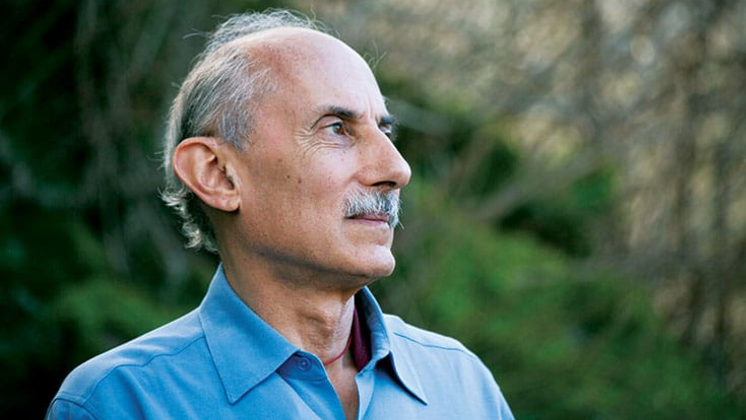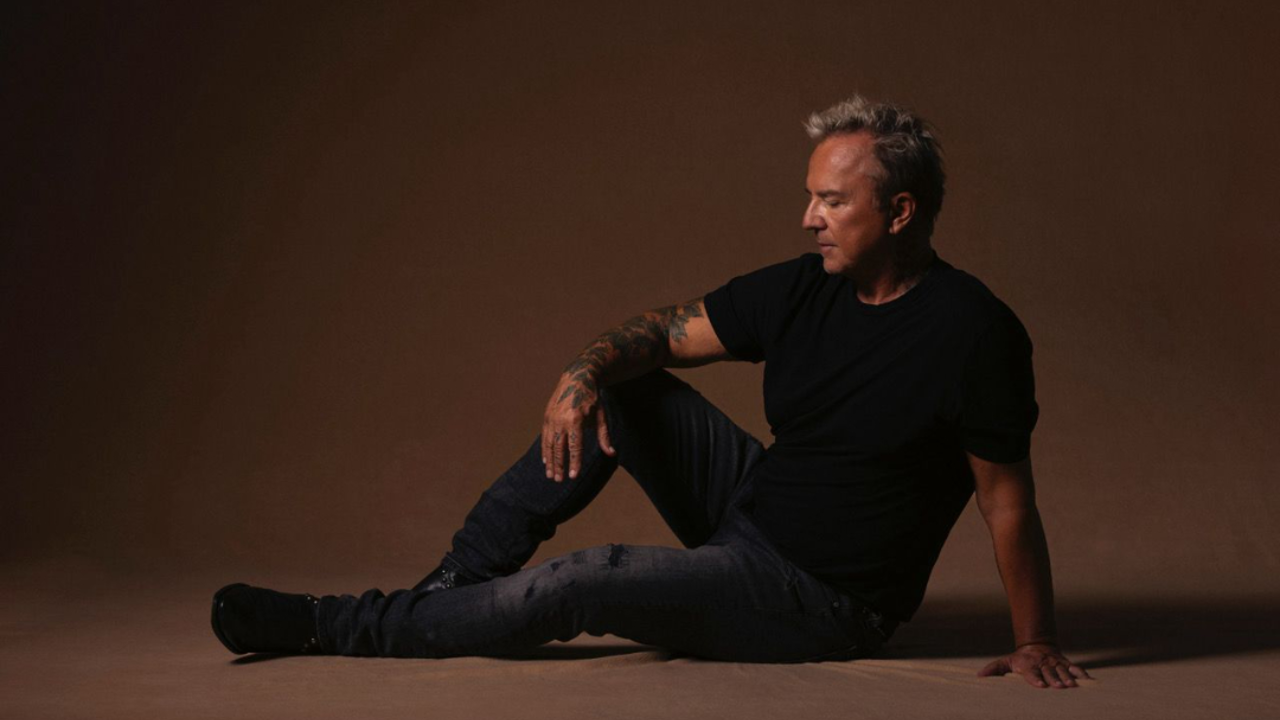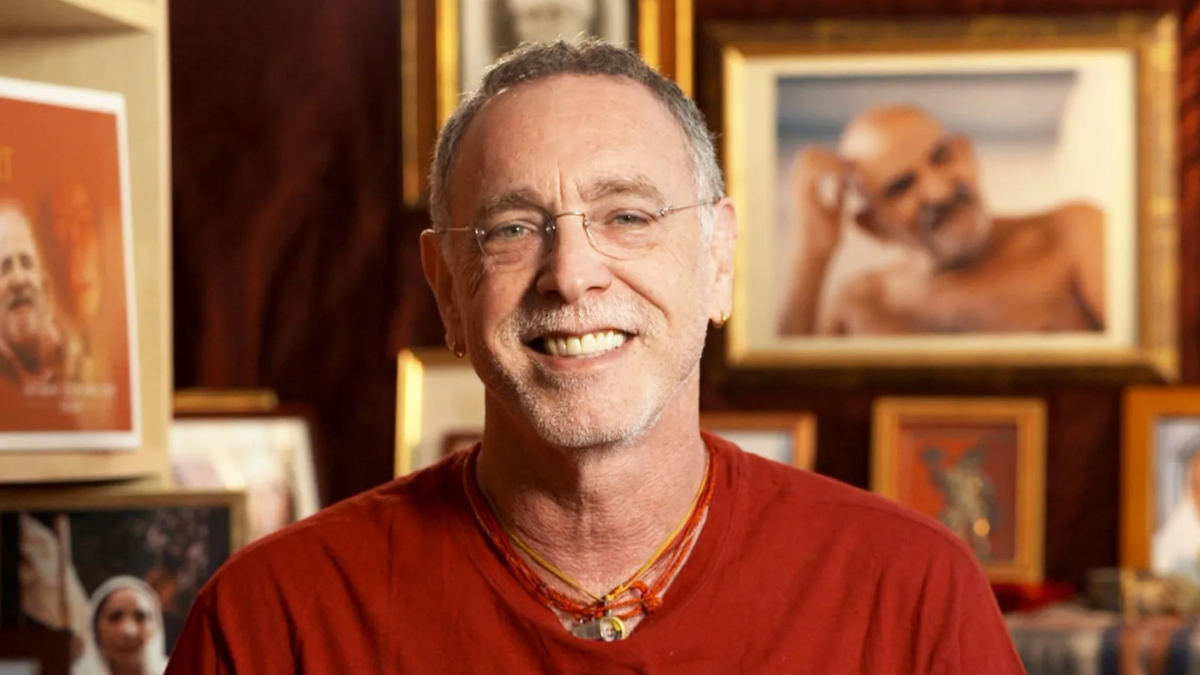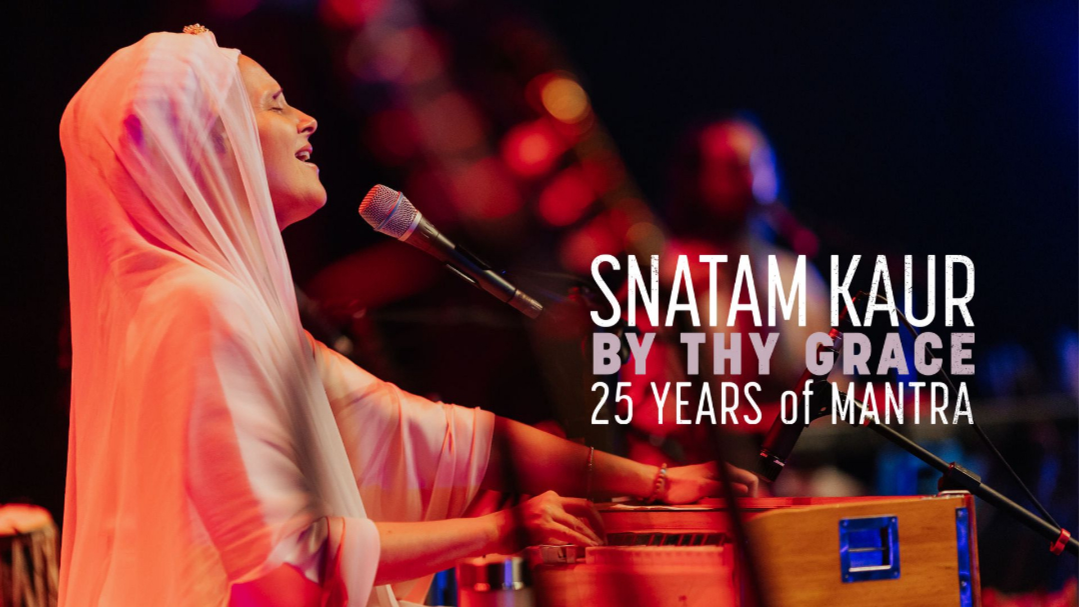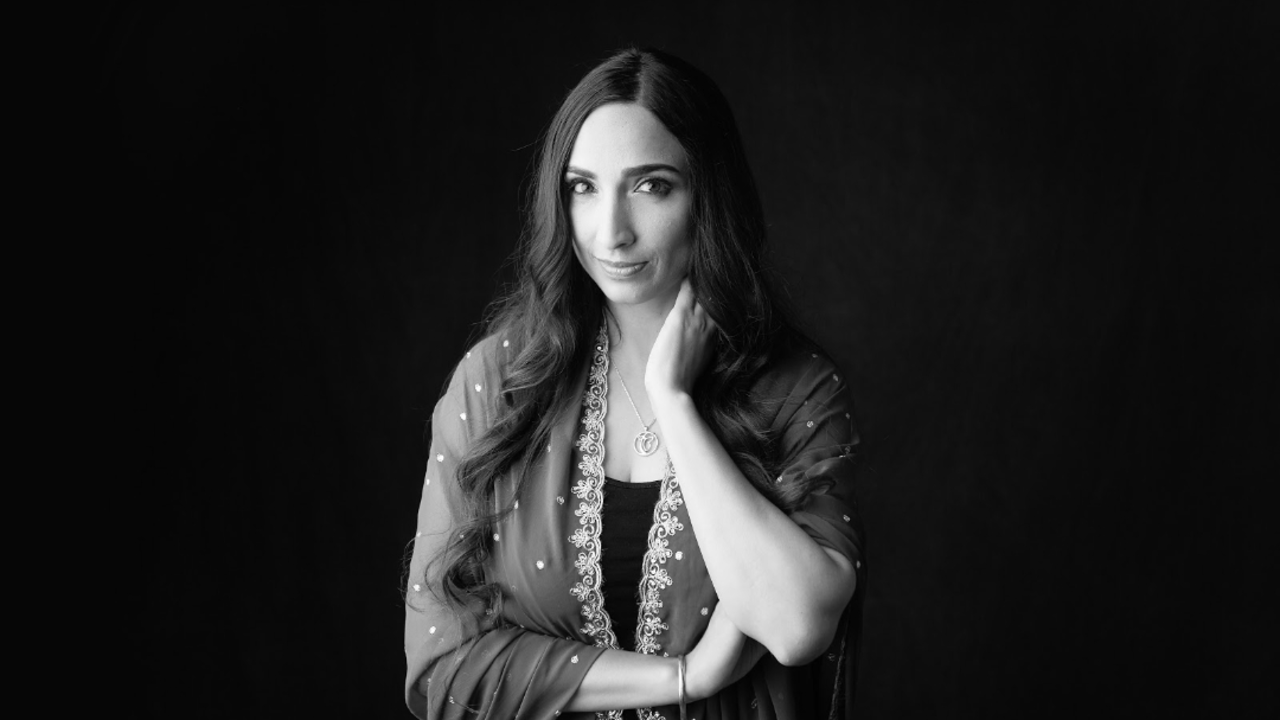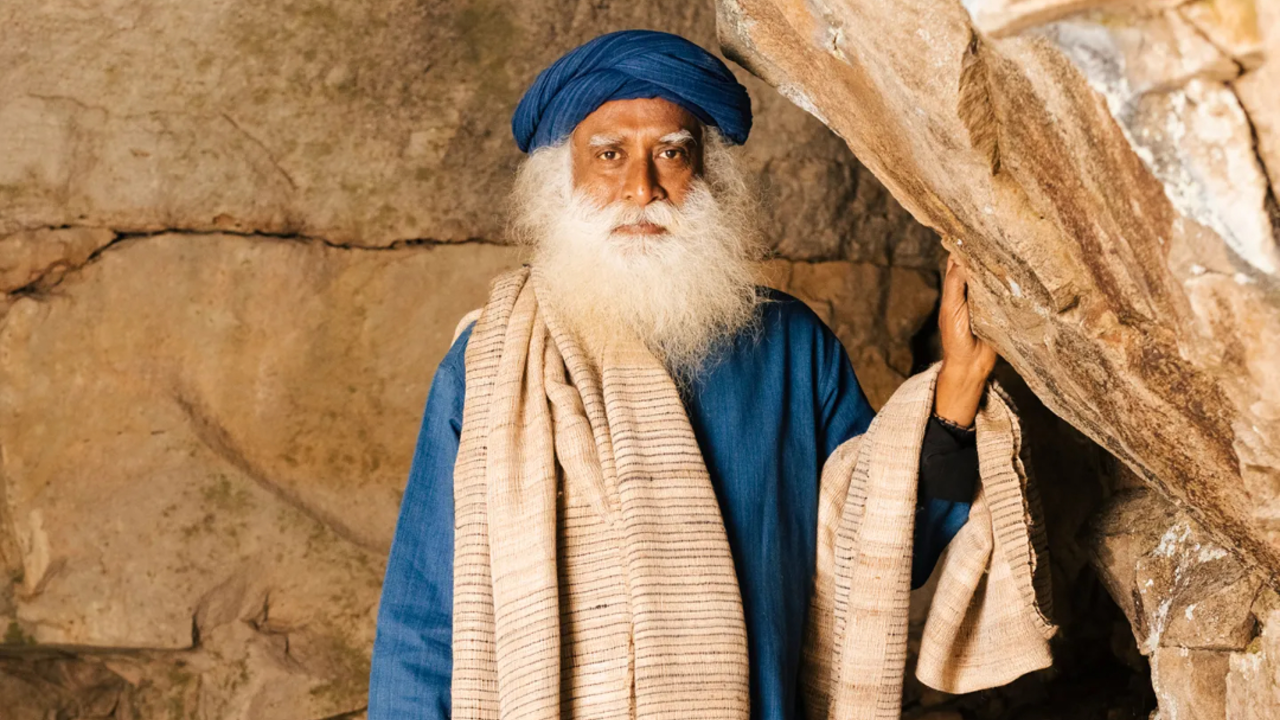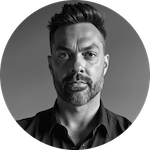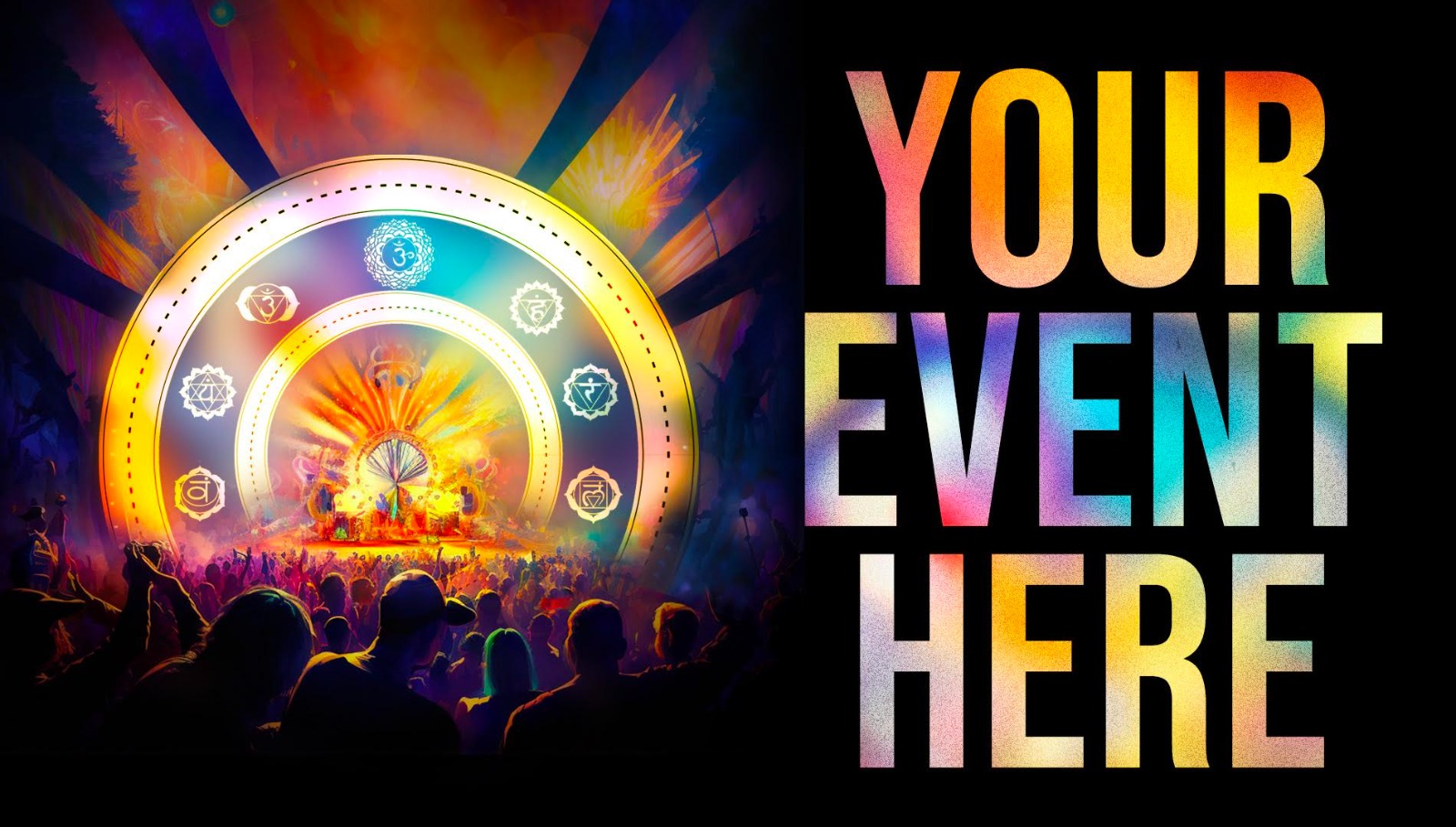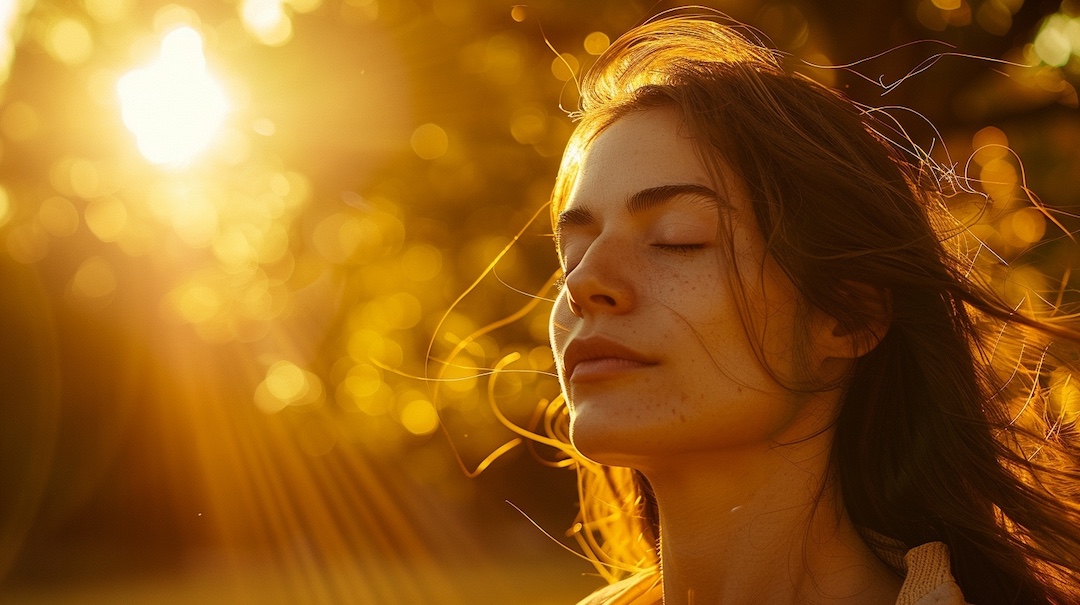
There comes a moment on every seeker’s path when all the striving, all the devotion, all the spiritual discipline that once seemed essential… begins to feel strangely heavy. It’s not that the practices stop working. It’s that they start to reveal their own limits.
For years, I lived as a seeker. I studied, meditated, and prayed. My life was wrapped in devotion — not just to a path, but to an idea of who I thought I was supposed to become. I believed enlightenment was somewhere ahead of me, waiting to be earned through purity and perseverance. I thought awakening meant transcending myself.
Then, one ordinary afternoon, that entire structure dissolved in a single sentence.
The Meeting That Changed Everything
After a year of teaching at a boarding school in India — a year that shaped my spirit in ways I still can’t describe — I returned home exhausted and ill. A friend suggested I visit a healer in the Caribbean, a man known for his spiritual insight and gentle irreverence. I didn’t expect much. I had come for healing, not philosophy.
He looked at me for a long time, silently. Then, without ceremony, he said,
“You don’t need to meditate. You don’t need to pray. Just be yourself.”
The words hit me like thunder.
At first, I resisted. My whole life was built around the pursuit of God through ritual and discipline. I’d given everything to the path — my habits, my identity, even my clothing reflected it. And now, this quiet man was telling me that none of it was necessary? That felt like blasphemy.
But beneath the shock, something deeper stirred. His words carried a strange, undeniable clarity — a recognition that bypassed thought. Be yourself. It sounded absurdly simple. But something in me knew: this was it. The search was over.
When the Search Ends
Of course, endings never feel like endings at first. For a while, I tried to hold both truths: my structured, devotional life on one hand, and this radical invitation to simply be on the other. But they couldn’t coexist. The more I tried to return to my old disciplines, the more artificial they felt.
Every practice had once been filled with meaning. Now it felt like performance. Like I was trying to impress something that no longer needed impressing.
I realized how deeply the ego had woven itself into even my most “spiritual” efforts — the desire to be pure, to be enlightened, to be good. I was chasing an image of holiness, not truth.
That’s the subtle trap of the spiritual path: it offers a noble identity. “The Seeker.” “The Disciple.” “The Awakened One.” But every identity — even a spiritual one — is still a mask.
And when the mask falls away, what’s left?
You. Just you.
The Fear of Simplicity
“Be yourself” sounds like the kind of advice you’d find on a coffee mug. It’s too easy to dismiss. But living it — truly living it — requires everything.
Why? Because we spend our lives building ourselves around the expectations of others — family, teachers, lovers, spiritual communities. We’re trained to be someone. To fit in. To rise up. To be good.
Even our pursuit of awakening can become another costume we wear — a subtler form of pretending. We chase transcendence while running from our own humanity.
But being yourself is not about rebellion or egoic freedom. It’s not about “doing whatever you want.” It’s about being utterly honest — moment to moment — with what’s real inside you.
It’s radical because it dismantles every role you’ve been taught to play. It asks for no effort, no method, no teacher, no path. Just presence.
And that’s terrifying. Because without those roles, who are you?
The Moment You Stop Trying
At first, I didn’t know what to do with the teaching. How do you “practice” being yourself? You don’t. That’s the point.
Slowly, something in me began to unwind. The compulsion to improve, to achieve, to reach higher — it softened. The tension of “trying to be spiritual” dissolved. I found myself sitting quietly, without effort, and realizing that everything was already prayer. Every breath, every moment of awareness, was enough.
It wasn’t about abandoning meditation or devotion — it was about seeing that they no longer needed to serve as bridges to a distant goal. The destination was here. The path had folded into itself.
Practice, once a means of reaching something beyond myself, became an expression of love — not a requirement. Like stretching your legs because it feels good, not because you’re training for something.
When Life Becomes the Practice
People often ask what happens after awakening — as if enlightenment is a finish line. The truth is simpler and stranger: life continues.
You still wake up, eat breakfast, pay bills, have conversations. But the background noise of effort is gone. There’s no constant pressure to be anyone other than who you are.
In that space, something miraculous happens: authenticity starts to breathe again. You laugh more easily. You love without calculation. You feel everything more deeply — grief, joy, boredom, beauty — because you’re no longer editing the moment to fit a spiritual ideal.
The heart becomes vast.
The healer’s words echoed in me for years: “You don’t need to meditate. Just be yourself.” What I came to understand is that this wasn’t an instruction. It was a description. When you’re truly yourself, meditation happens on its own. Life becomes the prayer.
The Radical Power of Being
Being yourself is not complacency. It’s not a retreat into comfort or indulgence. It’s an act of courage — the courage to stop pretending, to stop performing for the world, and to live as the unguarded truth of who you are.
It’s the end of the spiritual chase and the beginning of real intimacy with life.
When you stop trying to be “enlightened,” something far more natural takes its place. You start noticing the light that’s always been there — not above you, not ahead of you, but within you.
It doesn’t come through effort. It reveals itself through surrender.
And once you see it, you realize: nothing was ever missing. The seeker, the search, the struggle — all of it was part of the play. The only thing that was ever asked of you was to be what you already are.
The Most Radical Teaching
Looking back now, I see that those two words — be yourself — contain every teaching I ever chased. They carry the wisdom of every scripture, every mantra, every meditation. They render the rest unnecessary, not because those things are wrong, but because their essence is fulfilled in that one phrase.
To be yourself is to stop searching for God outside and start recognizing that divinity expresses itself through you — not as perfection, but as presence.
It’s the most radical teaching because it gives you nothing to hold onto. No method. No identity. No next step. Just this — this ordinary, miraculous being that you already are.
So, if you find yourself weary from seeking, exhausted from trying to become someone better, pause for a moment. Feel the air on your skin. The rhythm of your breath. The pulse in your chest.
This is it.
You’re already home.
